Press release – for immediate release
The Montreal SPCA calls for election commitments to ending self-regulation of farmed animal welfare
Call comes as Canadian egg industry refuses to re-visit the issue of permanently confining hens in cages
Montreal, April 15, 2025 – Today, with the launch of its Farmed Animals: An Electoral Issue campaign, the Montreal SPCA is publishing an open letter to federal political parties and to the National Farm Animal Care Council (NFACC) ― the body that drafts Codes of Practice for animal agriculture industries and which is currently reviewing welfare standards for laying hens ― calling for an end to the broken system of industry self-regulation.
According to the Egg Farmers of Canada, 80 percent of laying hens in Canada are still housed in restrictive cages for the duration of their lives on the farm. This is compared to the 60 percent of hens in the US kept in cage housing, and just 39 percent and 21 percent in the EU and UK, respectively. However, NFACC is only reviewing three sections of the Code of Practice, and the industry- led process is leaving no opening to address the egg industry’s most controversial practice: permanently confining tens of millions of laying hens in cages.
“Canadians care deeply about animal welfare, including the welfare of animals used for food production. Federal parties must commit to meaningful, mandatory standards for the care of these animals,” stated Sophie Gaillard, Director of Animal Advocacy and Legal and Government Affairs. “Left up to self-regulation and voluntary standards, animal-use industries will take decades to catch up to modern science and public opinion.”
Farmed Animals: An Electoral Issue
A 2021 poll conducted by EKOS Research on behalf of World Animal Protection found that 70 percent of Canadians believe that animal protection and welfare are significant considerations when deciding how to cast their ballot.
As the letter submitted today states: for more than a decade, the biggest grocers and food retailers in Canada have been asking producers to transition to higher welfare systems, such as cage-free housing for laying hens and crate-free barns for breeding sows. While some producers have made the effort to move away from intensive confinement, industry bodies have largely failed to champion or facilitate welfare reforms across the board. The absence of mandatory standards enshrined in regulations further means that producers are neither operating on a level playing field, nor incentivized to improve their facilities and husbandry practices.
Self-Regulating Industries
In Canada, the vast majority of animals used for food production are still raised in industrial (or “intensive”) farming conditions, and to date, the more than 800 million farmed animals raised in Canada each year benefit from almost no legal protections.
“On top of these industries deciding their own standards, even when the decisions are being made, opportunities for the public to have their voices heard are limited,” continued Ms. Gaillard. “Instead, the committees who decide standards of care for hundreds of millions of farmed animals in Canada are primarily made up of individuals with a direct financial incentive in supporting the status quo and limiting welfare improvements.”
The Montreal SPCA invites all Canadians to sign its letter calling on federal political parties to commit to regulating standards of care on Canadian farms.
– 30 –
Source: Montreal SPCA www.spca.com/en/
Media information:
Tök communications 514-247-0526
Marie-Hélène Avon, mariehelene@tokcommunications.ca
About the Montreal SPCA
Founded in Montreal in 1869, the Society for the Prevention of Cruelty to Animals (now known simply as the Montreal SPCA) was the first animal welfare organization in Canada. The SPCA has come a long way since: it is now the largest animal welfare organization in Quebec and speaks on behalf of animals wherever they face ignorance, cruelty, exploitation or neglect.







